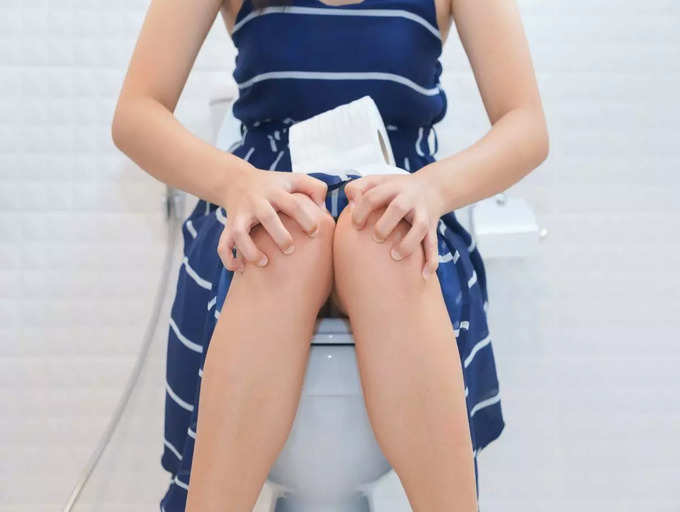Bowel cancer: Sitting the wrong way while pooping could put you at risk
Bowel cancer’s link with your toilet habits

Bowel cancer refers to cancer that begins in the large bowel (large intestine). Depending on where the cancer starts, bowel cancer can be called colon or rectal cancer. Most people diagnosed with it are over the age of 60, and this particular cancer is also becoming increasingly common in Western countries.
Cancer risk factors are wide-ranging. Many studies have found that chronic constipation is a major risk factor for bowel cancer. There is also evidence that poor or inappropriate toilet habits could also lead to this cancer. Sitting to empty the bowels is more likely to cause constipation, and bowel cancer, than squatting.
How squatting is better

Squatting is a natural position for defecation as it allows gravity to do most of the work. When you squat, the natural weight of your torso squeezes onto the bowl, so there is less need for you to strain. Squatting allows the ileocaecal valve – the valve between the small bowel and the large bowel – to naturally seal itself off. Further, the puborectalis, which is the muscle attached to the pubic bone, is able to relax better when squatting. All this allows for easier bowel movement, without much effort.
What happens when you sit

Sitting on the toilet seat actually prevents the ileocaecal valve from closing properly. This makes it harder for you to achieve proper internal bowel pressure to successfully pass a stool. When sitting on the toilet, the pelvic floor muscle used to maintain control of the bladder and bowels remains constricted. When the puborectalis muscle is not relaxed, you are straining against it to defecate while sitting.
Other causes of bowel cancer

The exact cause of bowel cancer is not known, but there are a number of things that can increase your risk. One such factor is your age. Almost 9 in 10 people with bowel cancer are aged 60 or over. Another risk factor is the foods you eat. A diet high in red or processed meats and low in fibre can increase your risk. If you are overweight or obese, then again you could be at a higher risk of bowel cancer. The same applies for people who remain physically inactive. Drinking alcohol and smoking can also increase your risk of getting bowel cancer. A family history of bowel cancer can also put you at a higher risk of developing the disease.
How to avoid bowel cancer
There are several things you can do to ensure you have a healthy gut, to avoid getting constipated. Eat a healthy diet with home-cooked meals, and avoid junk food which is high in fat and processed food. Include fibre-rich fruits and vegetables in your daily diet, along with drinking plenty of water everyday. Eating fruits like kiwi can help in facilitating regular bowel movement. Regular exercise may also help to stimulate gut transit time. In some previous studies, researchers have found evidence that runners have fewer tumours, compared to non-runners.
Bowel cancer symptoms
When bowel cancer develops, changes in bowel movements is one of the first symptoms a patient notices. According to the NHS UK, more than 90 percent of patients with bowel cancer experience changes in their bowel movements. Persistent changes in bowel habits can include pooping more often, and your poo may also become more runny.
Another symptom could be persistent blood in your poop that happens for no obvious reason or is associated with a change in bowel habit. Persistent lower abdominal pain, bloating or discomfort that's always caused by eating may also be a sign of bowel cancer. This could be accompanied with loss of appetite or significant unintentional weight loss.